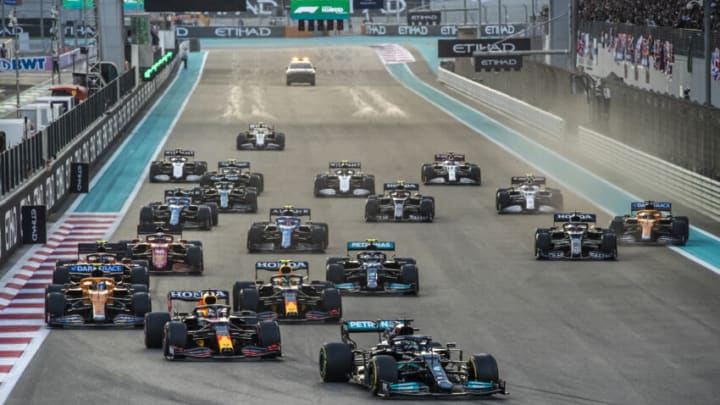
Things we hate: No. 2 – Ignores questionable FIA ethical decisions
We have long come to expect very little in the way of sound ethics from our international sporting organizations. FIFA, the IOC, and the FIA have all repeatedly and openly opted to prioritize cash over human rights.
The continued placement of races in nations with horrific records in this regard is no longer a surprise to anyone who follows either racing or social causes, but Netflix has actually distinguished itself from its streaming rivals with some powerful and revelatory documentaries, such as Athlete A, The Social Dilemma, and Tiger King.
A media giant willing to take on Facebook should have no fear of the FIA, but the series often plays like an advertisement for Formula 1. Not once in three seasons have we heard a single critical syllable regarding the human rights record a race’s host country.
Especially with the sport exploding in the west, the decisions to hold races in places such as China, Russia, Saudi Arabia, Qatar, and Bahrain become less defensible with each passing day.
But the sport’s most popular coverage outlet, produced by a media organization with a reputation for excellent investigative documentary production, doesn’t even scratch the surface of this issue.
That is colossally more disappointing than any overblown rivalry or augmented engine noises. Again, here Netflix has an opportunity to respond to such criticism next season with their editorial choices surrounding, in particular, the weekend in Saudi Arabia.
Lewis Hamilton very publicly said that he didn’t think Formula 1 should be racing there. Sebastian Vettel held a karting race for women in the nation where they couldn’t even drive until 2018. We’ll see if the fourth season mentions either one of those in its retelling of the weekend.
